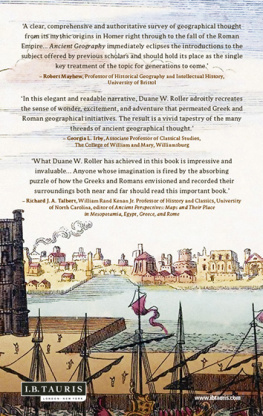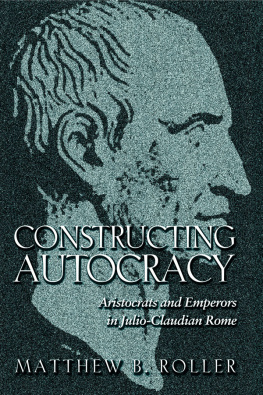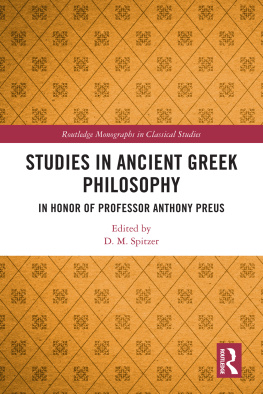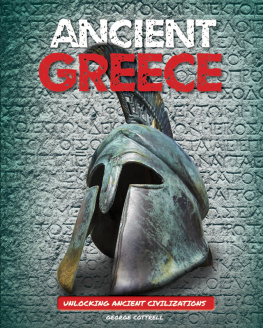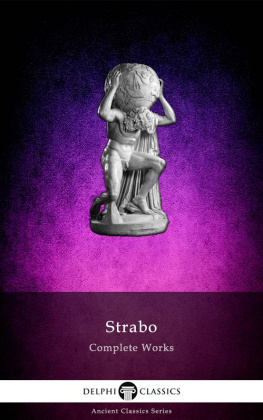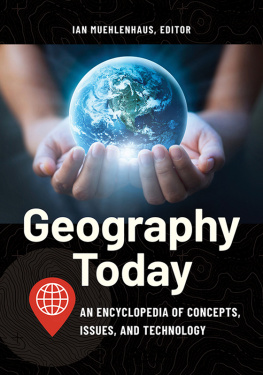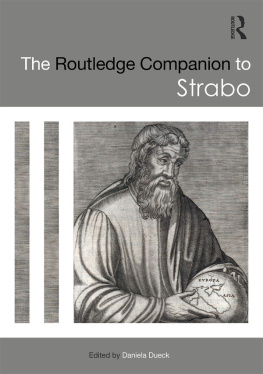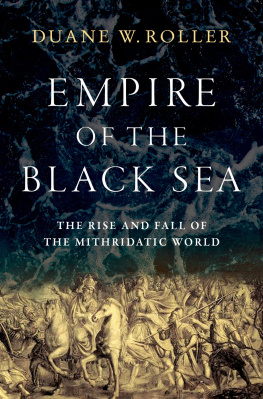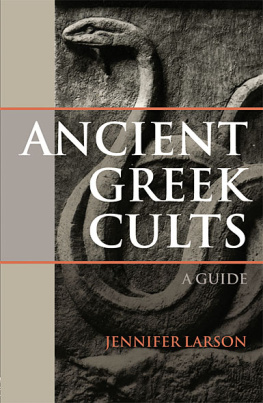
Duane W. Roller is Professor Emeritus of Classics at The Ohio State University. His previous books include The Geography of Strabo: An English Translation, with Introduction and Notes (2014); Cleopatra: A Biography (2010); Through the Pillars of Herakles: Greco-Roman Exploration of the Atlantic (2005); and The Building Program of Herod the Great (1998).
For the first time in several generations, Duane W. Roller offers readers a clear, comprehensive and authoritative survey of ancient geographical thought from its mythic origins in Homer right through to the fall of the Roman Empire. Ancient Geography is the distillation of decades of work on the subject by Roller, who is also a distinguished translator of the key books he discusses here. Ancient Geography immediately eclipses the introductions to the subject offered by previous scholars and should hold its place as the single key treatment of the topic for generations to come for classicists, geographers and historians alike.
Robert Mayhew, Professor of Historical Geography and Intellectual History, University of Bristol
In this elegant and readable narrative, Duane W. Roller adroitly recreates the sense of wonder, excitement, and adventure that permeated Greek and Roman geographical initiatives. The result is a vivid tapestry of the many threads of ancient geographical thought that have been untangled from myriad layers of discord, transmission, redaction, and (mis)interpretation in the ancient sources. The book will be warmly and appreciatively welcomed by students of classical history and geography and indeed by anyone with an interest in how antiquity conceived of the world and its features.
Georgia L. Irby, Associate Professor of Classical Studies, The College of William and Mary, Williamsburg
What Duane W. Roller has achieved in this book is impressive and invaluable. The Greek and Roman grasp of geography, from both spatial and scientific perspectives, developed remarkably over more than half a millennium. So while the approach taken here of explaining this growth chronologically might seem a straightforward task, in fact it is no such thing. Most of the relevant geographical writings and maps are lost. Even some fundamentally important Greek ideas have to be reconstructed from references by later authors who did not always agree with them, let alone perhaps fully understand them. Rollers earlier studies of such giants in this story as Pytheas, Eratosthenes and Strabo make him uniquely qualified to craft an informed, balanced, up-to-date synthesis in defiance of the never-ending obstacles. He writes in a concise, accessible style. Anyone whose imagination is fired by the absorbing puzzle of how the Greeks and Romans envisioned and recorded their surroundings both near and far should read this important book.
Richard J. A. Talbert, William Rand Kenan Jr. Professor of History and Classics, University of North Carolina, editor of Ancient Perspectives: Maps and Their Place in Mesopotamia, Egypt, Greece, and Rome
ANCIENT
GEOGRAPHY
The Discovery of the World in Classical
Greece and Rome
D UANE W. R OLLER

Published in 2015 by
I.B.Tauris & Co. Ltd
London New York
www.ibtauris.com
Copyright 2015 Duane W. Roller
The right of Duane W. Roller to be identified as the author of this work has been asserted by the author in accordance with the Copyright, Designs and Patents Act 1988.
All rights reserved. Except for brief quotations in a review, this book, or any part thereof, may not be reproduced, stored in or introduced into a retrieval system, or transmitted, in any form or by any means, electronic, mechanical, photocopying, recording or otherwise, without the prior written permission of the publisher.
Every attempt has been made to gain permission for the use of the images in this book. Any omissions will be rectified in future editions.
References to websites were correct at the time of writing.
Library of Classical Studies 9
ISBN: 978 1 78453 076 1
eISBN: 978 0 85773 923 0
A full CIP record for this book is available from the British Library
A full CIP record is available from the Library of Congress
Library of Congress Catalog Card Number: available
CONTENTS
MAPS
The extent of the ancient world in Hellenistic times.
The oikoumene, as outlined by Eratosthenes.
The world known to Homer.
The spread of Greek settlement in the Archaic period.
The zones.
The world of Pytheas.
Toponyms associated with the eastern expedition of Alexander the Great.
The prime parallel and prime meridian of Eratosthenes.
Northern Europe.
Far eastern toponyms.
Interior Africa.
The limits of ancient geographical knowledge.
ABBREVIATIONS
AAntHung: Acta antiqua hungarica
AFM: Annali della facolt di lettere e filosofia, Universit di Macerata
AJA: American Journal of Archaeology
AncW: Ancient World
ANRW: Aufstieg und Niedergang der Rmischen Welt
AntCl: L'antiquit classique
AR: Archaeological Reports
BA: The Barrington Atlas of the Greek and Roman World (ed. Richard J. A. Talbert, Princeton 2000)
BAR-IS: British Archaeological Reports, International Series
BNJ: Brill's New Jacoby
BNP: Brill's New Pauly
BSR: Annual of the British School at Rome
CAH: Cambridge Ancient History
ClMed: Classica et Mediaevalia
CP: Classical Philology
CQ: Classical Quarterly
CR: Classical Review
CRIPEL: Cahiers de recherches de l'Institut depapyrologie et d'gyptologie de Lille
CW: Classical World
EANS: Encyclopedia of the Ancient Natural Scientists (ed. Paul T. Keyser and Georgia L. Irby-Massie, London 2008)
FGrHist: Felix Jacoby, Die Fragmente der griechischen Historiker (Leiden 1923)
FHG: Karl Mller, Fragmenta historicorum graecorum (Paris 184170)
G&R: Greece and Rome
GRBS: Greek, Roman, and Byzantine Studies
JAOS: Journal of the American Oriental Society
JARCE: Journal of the American Research Center in Egypt
JHS: Journal of Hellenic Studies
JRA: Journal of Roman Archaeology
JRS: Journal of Roman Studies
NC: Numismatic Chronicle
OJA: Oxford Journal of Archaeology
OT: Orbis Terrarum
RE: Realencyclopdie der Classichen Altertumswissenschaft (Pauly-Wissowa)
RSA: Rivista storica dell'antichit
TAPA: Transactions of the American Philological Association

The extent of the ancient world in Hellenistic times.

The oikoumene, as outlined by Eratosthenes.
INTRODUCTION
It is difficult for a person in the twenty-first century, accustomed to maps, aerial photographs, and instant access to views of any place in the world, to comprehend the astonishing feats of ancient travelers and geographers. Greek scholars created a theoretical construct of the earth as a whole, and sailors, merchants, traders, and military commanders wandered far from home and brought back the topographical and ethnographic data that became the basis of geographical thought. Until the advent of the railroad in the mid-nineteenth century, the only means of transportation was by foot, beast of burden, or ship, limited to a few miles a day. One's horizon was literally that: the short distance one could see. The major tool for determining location was the eyes, and going several days from a known place could put the traveler in unfamiliar territory, which could only be related to the starting point by backtracking, in so far as that was possible. Northerly and southerly movement could be determined by changes in the height of celestial bodies, but there was no way to calculate easterly or westerly progress beyond the dead reckoning of distance traveled.
Next page
